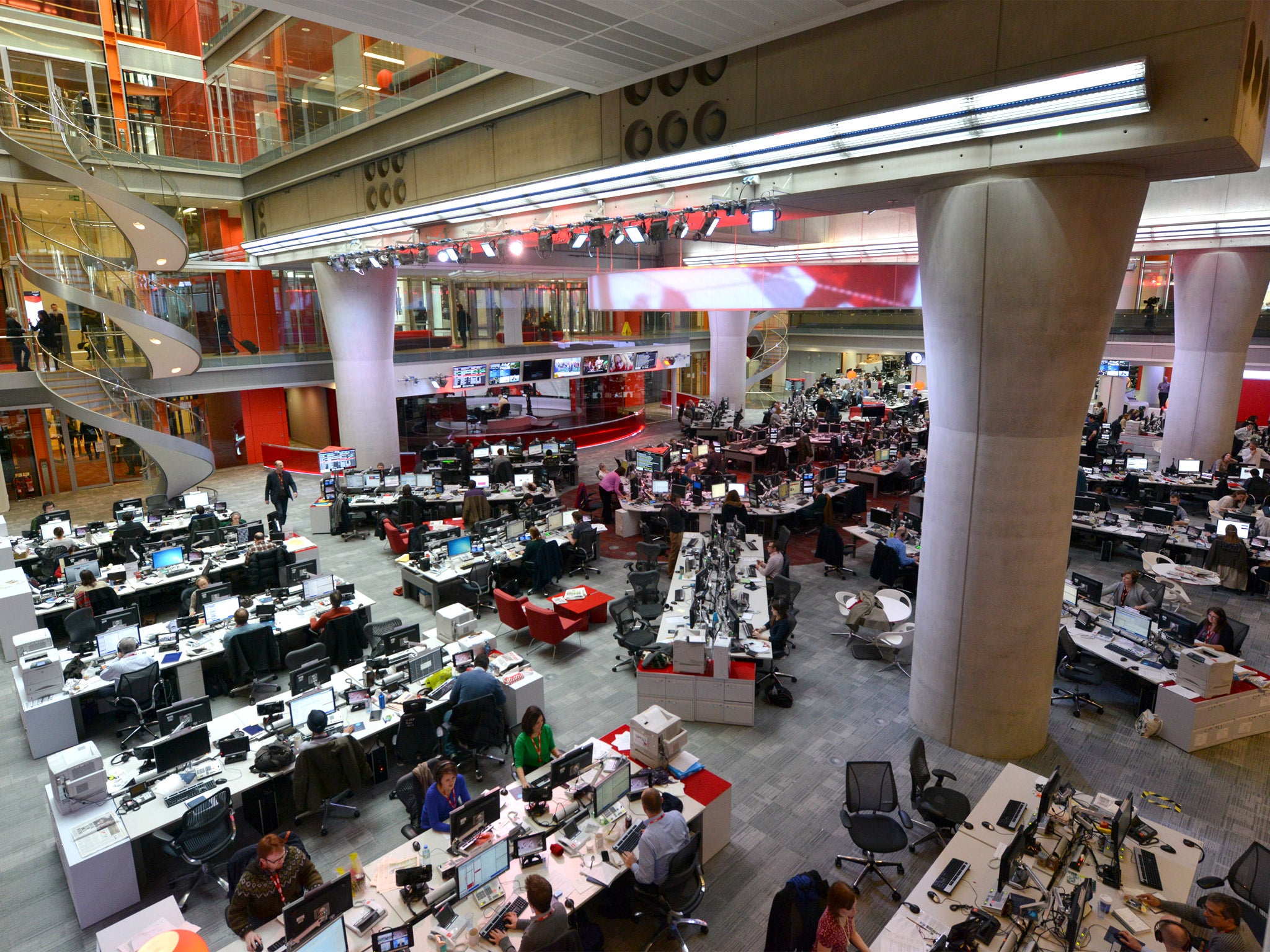BBC accused of political bias – on the right, not the left

The BBC has been accused of yielding to political pressure since the last election and allowing a right-wing bias to emerge in its journalism.
The serious criticism by a distinguished media professor suggests that the BBC has compromised its impartiality by depending too heavily on sources from business, the media, law and order and politics.
By contrast, ITV and Channel 4 make much greater use of sources from academia, medicine, science and non-governmental organisations.
Professor Justin Lewis, Dean of Research at Cardiff University and an experienced analyst of the BBC’s output, suggested that the BBC Trust had “played down” the findings, which were presented to the governing body last year.
In an essay to be published next month, Professor Lewis states: “The available evidence on the BBC centre of gravity does not suggest a leftist tilt. On the contrary, its dependence on certain dominant institutions notably in the business world and the national print media – would appear to push it the other way.”
He concludes: “The most plausible hypothesis is that the BBC has, under pressure, been pushed to the right.”
The finding contradicts previous claims of a left-wing skew at the BBC. Former Director General Mark Thompson has said there was “massive left-wing bias” during the late-Seventies. As recently as last November, a poll suggested most members of the public thought the BBC favoured the left.
Professor Lewis said that the suggestion that the BBC was vulnerable to pressure from the Government of the day was especially worrying in the context of its application for a new Royal Charter. The BBC is preparing for negotiations over its licence fee settlement beyond the current charter, which runs out at the end of 2016. “It is the BBC’s cyclical dependence upon whoever happens to be in government during the licence renewal period that is the greatest threat to its impartiality.”
He referenced work last year by his Cardiff University colleagues, led by Professor Karin Wahl-Jorgensen, which found that the BBC was more likely than ITV or Channel 4 to use sources from the right – such as US Republicans or Ukip politicians – than from the left (US Democrats or Green politicians). The imbalance in favour of Conservatives over Labour was three to one for party leaders and four to one for ministers/shadow ministers.
Professor Lewis said the findings showed “no similar patterns” on ITV or Channel 4 but were ignored by the BBC’s governing body, which commissioned the research. “These were not findings the BBC Trust was especially keen to draw attention to, and – oddly for a review about impartiality – they were played down in the subsequent report.”
He also claimed that the BBC’s assumptions about the benefits of business had contributed to its failure to “anticipate the credit crash”. Its military spending debate was “decidedly lop-sided” because of its reliance on the views of the “top brass”.
Cardiff research found that 50 per cent of BBC sources came from politics, business, law and order and media, compared to 10 per cent from the knowledge-based professions and civic groups. Business sources accounted for 11.1 per cent of the total on the BBC, but only 3.8 per cent on ITV and 2.2 on Channel 4.
The BBC Trust rejected the idea it played down findings of right-wing bias, saying the research had been published alongside an independent review by (former ITV CEO) Stuart Prebble into the breadth of opinion reflected in BBC output. “As the author of the report, it was for Stuart Prebble to reach his own conclusions,” said a spokesperson.
A BBC News spokesman said: “BBC News aims to provide clear, impartial and balanced coverage across all output to represent a range of views. Inevitably, there may be disagreements over the level of prominence given to any story. We are editorially independent and do not bow to pressure from political parties.”
‘How the BBC leans to the right’ by Justin Lewis is an essay from the book ‘Is the BBC in Crisis?’ which will be published on 1 March. An extract can be found here.
Join our commenting forum
Join thought-provoking conversations, follow other Independent readers and see their replies
Comments
Bookmark popover
Removed from bookmarks